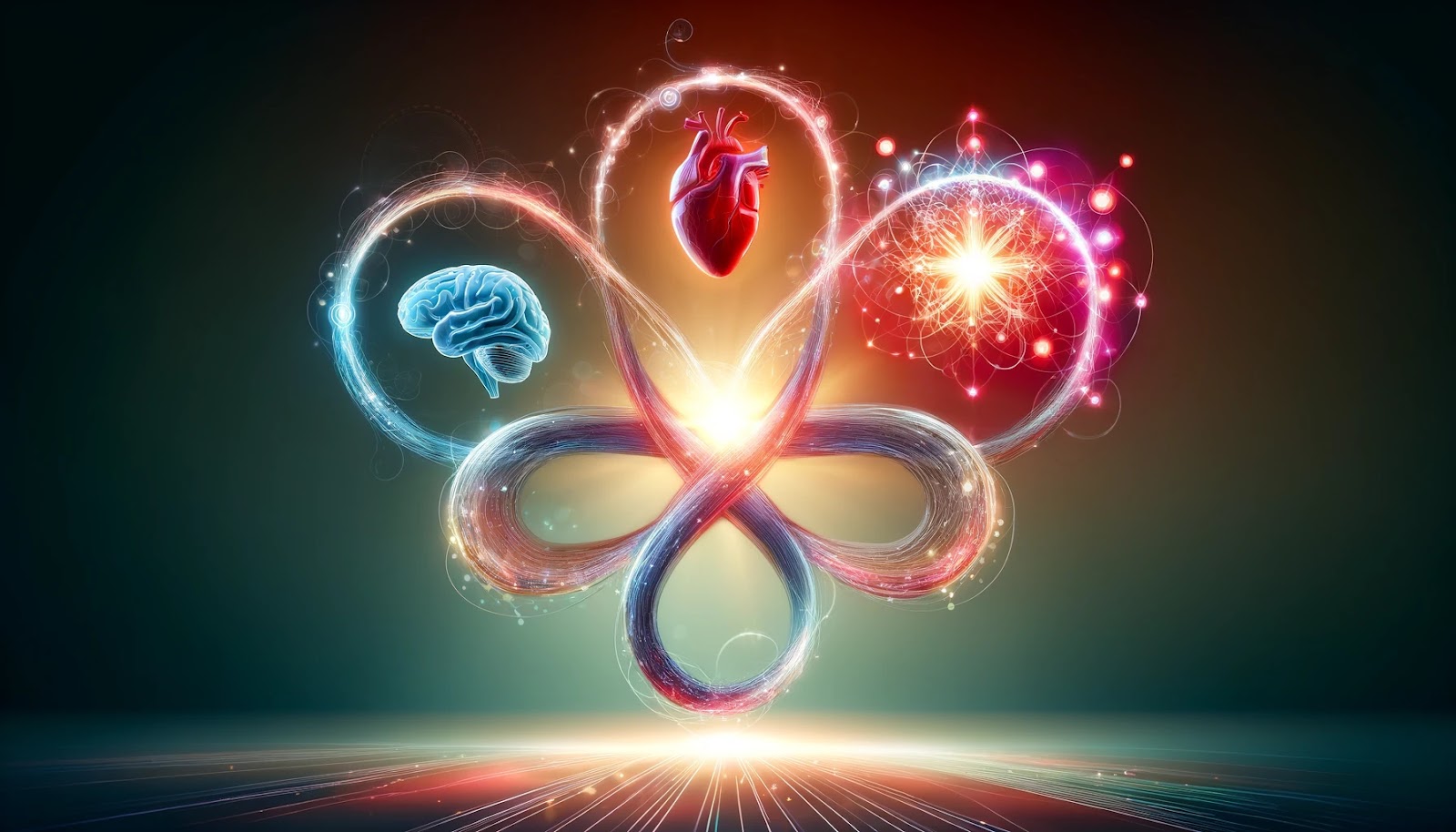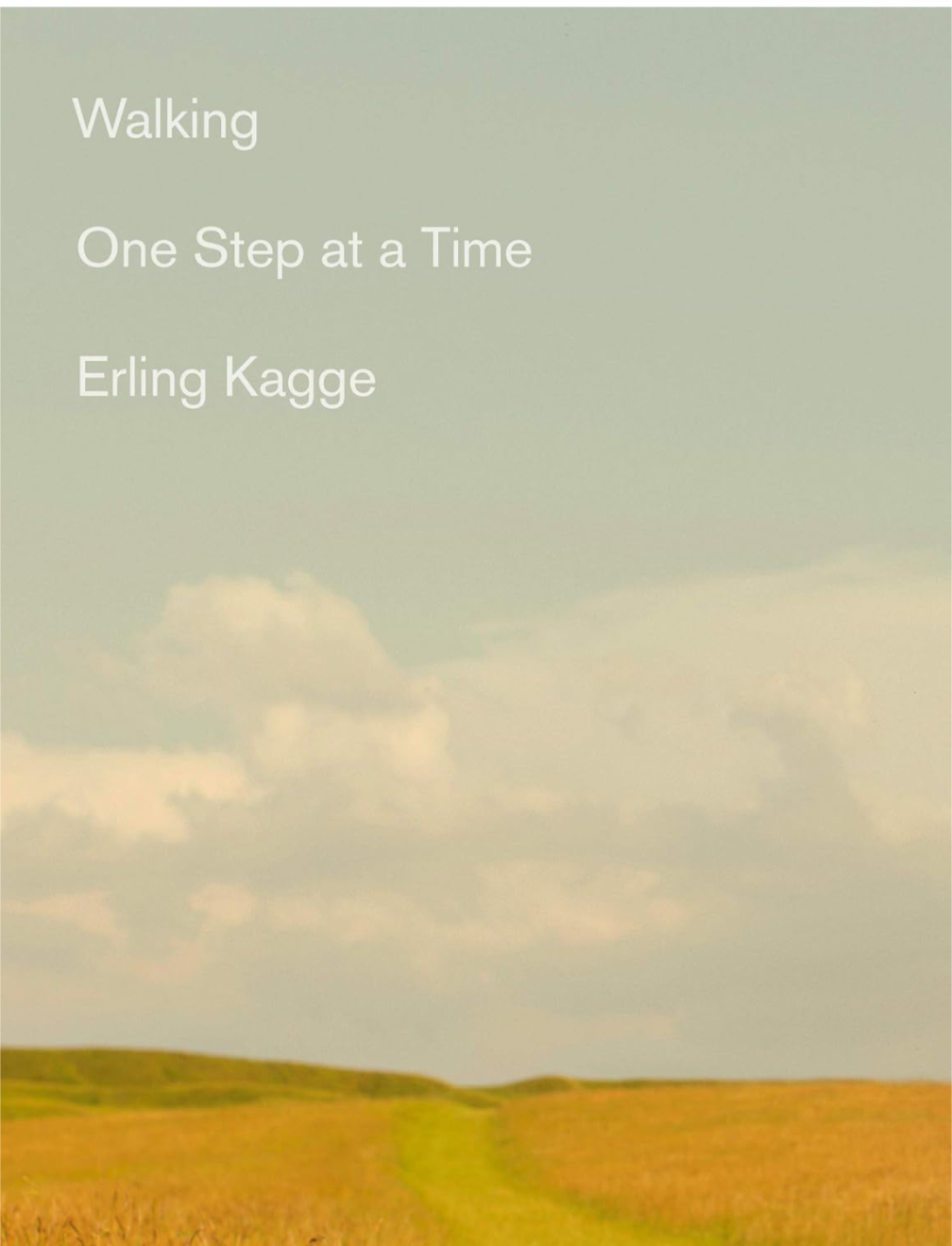Reimagining Learning Loops in the Age of AI: A Journey from Mind to Heart to Soul
As artificial intelligence (AI) systems become increasingly advanced and ubiquitous, it's crucial that we reimagine what learning means in the context of human-AI collaboration. Drawing on the seminal work of Chris Argyris and Donald Schön on single, double, and triple-loop learning, I've been reflecting on my own learning journey as an AI practitioner - and how it might offer insights for navigating the learning landscapes of the future.
From Single to Double-Loop Learning: Delivering Output to Creating Value
In the early stages of my career as a business analyst and project manager, I was squarely in the realm of single-loop learning - focusing my cognitive abilities on solving defined problems and delivering on project requirements. But over time, I realized that truly effective problem-solving requires more than just analytical horsepower. It requires engaging the heart to deeply understand and deliver on the value needs of clients. This shift from delivering output to creating value marked my transition into double-loop learning - where I began to question and reframe my assumptions and mental models about what success really means.
From Double to Triple-Loop Learning: Becoming a Co-Design Partner
More recently, I've found myself going beyond engaging just my mind and heart in my work, to engaging my soul. This has marked a shift from focusing on organizational value creation to focusing on deeper human and societal value creation. I've moved from seeing myself as an individual problem-solver to a "co-design partner" - working in reciprocal, co-creative partnership with clients and stakeholders to transform underlying paradigms and unlock new possibilities. This is the essence of triple-loop learning - a reflection on and evolution of the fundamental principles, identities, and contexts that guide our work.
Igniting Conversation and Action
As AI systems become more autonomous and impactful, I believe this kind of triple-loop learning - at individual, organizational, and societal levels - becomes increasingly critical. We need to develop new practices and environments to cultivate double and triple-loop learning capabilities in human-AI contexts. We need to foster learning cultures that encourage the questioning of assumptions and the transformation of paradigms. And we need new forms of governance and collective learning to guide the development of AI in service of human and societal thriving.
My own learning journey from "mind" to "heart" to "soul" offers a small window into what this evolution might look like for individuals. But I'm curious to hear from others: What does double and triple-loop learning mean to you in the context of our AI-infused future? What new learning capabilities and paradigms do you think we need to cultivate? How can we design AI systems and human-AI collaborations to enable these higher orders of learning?
Navigating the age of AI will require more than just smarter machines and smarter humans. It will require a fundamental evolution of how we learn - as individuals, organizations, and societies. By embracing the ever-expanding loops of learning and courageously reimagining our roles and paradigms, we can become the co-creative partners and stewards needed to guide the human-AI systems of the future.
I invite you to join me in this vital exploration.




Comments
Post a Comment